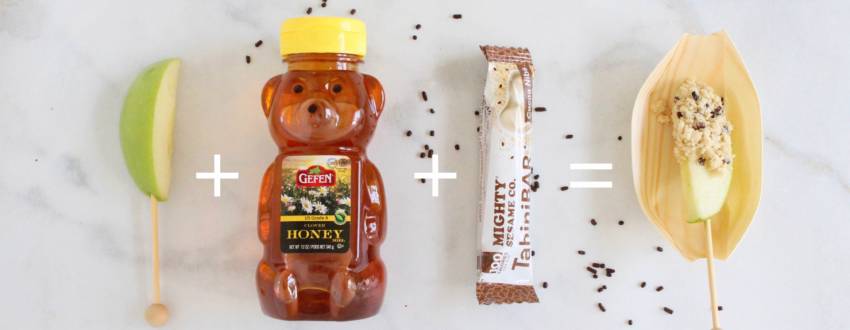First it was diamonds.
Then it was chicken.
And now it is beef that is being lab-grown, with a Rechovot-based cellular agriculture company winning the worldwide race to bring an animal-based artificial meat to the market.
The First Lab-Grown Beef Is Almost Here
Aleph Cuts, the world’s first lab-grown beef steak, is being produced by Israel’s Aleph Farms, which recently received regulatory approval from the county’s Ministry of Health to sell its petit steak, subject to labeling approvals and final inspections.
Unlike many of the plant-based proteins that have become all the rage in recent years, Aleph Cuts is cultivated from cells taken from a cow in a high-tech process that raises as many questions as it answers.
How Is This Lab-Grown Beef Made?
The journey to lab-grown beef begins at Aleph Farms with a collection of fertilized eggs harvested several years ago on a California breeding farm from a Black Angus cow named Lucy.
Cells from those eggs, which contain animal muscle, fat, and collagen, are grown on a soy and wheat plant protein matrix in a cultivator that closely simulates the natural environment of an actual cow’s body, multiplying and dividing over a period of approximately four weeks into a beef-like product.
It is unclear at this time when Aleph Cuts might make its way into restaurants or stores so that the public can decide if lab-grown steak truly lives up to Aleph Farms’ promise of its “satisfying bite” and “caramelized crust” that “gives way to a rich and savory interior that is tender and juicy.”
Is Lab-Grown Meat Kosher?
Whether or not Aleph Cuts, the world’s first non-chicken lab-grown meat, will end up on kosher plates is a story unto itself.
According to the Jerusalem Post, Rabbi David Lau, Israel’s Ashkenazic chief rabbi, ruled in January 2023 that the Aleph Cuts could be considered both kosher and pareve, albeit with certain caveats. Rabbi Lau noted that, as long as it is being marketed as a vegetable product that is similar to meat, Aleph Cuts would be categorized as pareve. Its status would change, however, if Aleph Farms makes the decision to market its lab-grown beef as a meat product, particularly if it is similar in shape, taste, and smell to actual meat.
Under all circumstances, Rabbi Lau insisted that Aleph Cuts not be sold with dairy products to ensure that the halachic separation between meat and milk remains clearly distinct.

The Orthodox Union’s Opinion On Whether Lab-Grown Beef Is Kosher
But the Orthodox Union takes a very different view on Aleph Cuts, since it is made from cells taken from an animal that wasn’t slaughtered according to halachah. While others may be willing to be lenient when it comes to items at the cellular level, the OU isn’t certifying Aleph Cuts as kosher at this time.
“Our position is that we will insist that the cell has to be removed from a glatt-kosher-certified cow that was slaughtered and processed properly,” said Rabbi Moshe Elefant, chief operating officer and executive rabbinic coordinator at OU Kosher. “We insist that other ingredients used in the process are all kosher. And we are going to label that product as meat, not pareve, when that is done.”
The OU made headlines in September 2023 when it gave its seal of approval to SuperMeat’s lab-grown chicken. That product met the OU’s kashrut standards since it was made from cells derived from eggs that had been laid by a chicken, and not from a live animal, although its chicken-like appearance and taste kept it from being designated as pareve.
Why Is Lab-Grown Meat Important?

With food security a significant problem in many places and concerns proliferating about the environmental impact of the meat industry, a growing population has been clamoring for alternative proteins, and the possibilities of cultured meat provide solutions that are being universally embraced.
According to Dairy News Today, the plant-based meat market is expected to become a $35 billion industry by 2027 and Israeli startups have been leading the way in the development of lab-grown items, which have the potential to become an important factor in that equation.
While Aleph Farms has been approved in Israel, the company is aiming far beyond the borders of its native country. The company is already in the process of gaining approvals from the United Kingdom and Switzerland, and plans are underway to bring Aleph Cuts to the United States in 2025, pending regulatory approvals.





